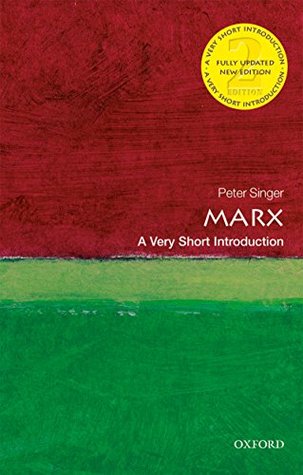More on this book
Community
Kindle Notes & Highlights
by
Peter Singer
Read between
December 19 - December 19, 2022
For much of the second half of the 20th century, nearly four out of every ten people on earth lived under governments that considered themselves Marxist and claimed to follow his ideas in deciding what policies they should implement.
According to Engels, Marx grew so irritated at misinterpretations of his doctrine that towards the end of his life, he declared: ‘All I know is that I am not a Marxist.’
A popular joke asks how many Marxists it takes to change a lightbulb, and answers ‘None. The lightbulb contains the seeds of its own revolution.’
Scientists test their theories by drawing predictions from them, and then checking whether the predictions are accurate. A scientific theory that yielded predictions as far astray as Marx’s predictions would have to be abandoned, or at a minimum, heavily revised. It is better to think of Marx as a philosopher—in the broadest sense—than as a scientist.
Universal free education, public housing, unemployment benefits, pensions for the elderly and disabled, and, in every affluent nation except the United States, universal health insurance, have done more to reduce human suffering than even the most benign attempts to introduce communism.


